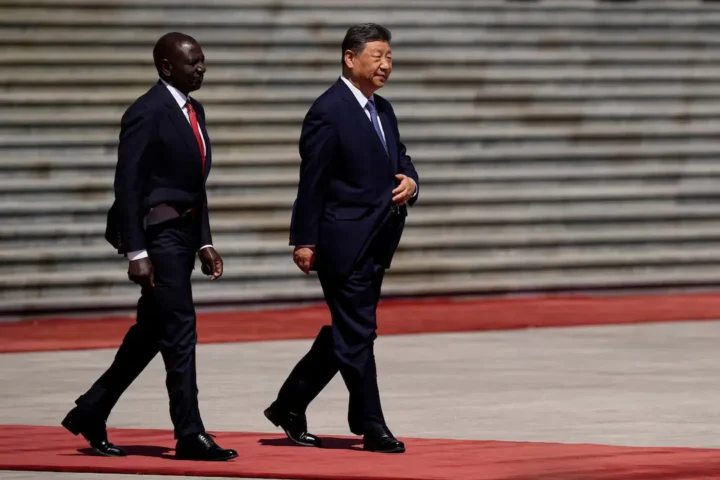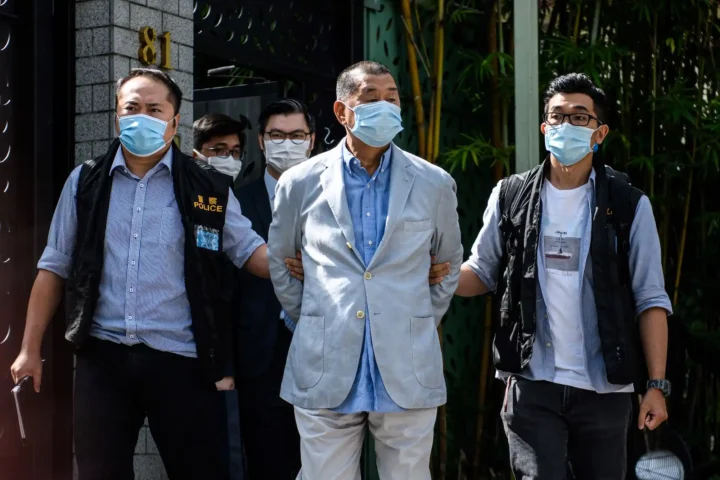Background
Thailand’s Constitutional Court has removed suspended Prime Minister Paetongtarn Shinawatra from office, marking yet another dramatic shift in the nation’s turbulent political landscape. Paetongtarn, the youngest prime minister in Thai history when she assumed office in August 2024, served just one year before being ousted. A 6–3 court ruling determined that she “lacks the qualifications and possesses prohibited characteristics” under the Thai constitution, stemming from a controversial leaked phone call with former Cambodian Prime Minister Hun Sen.
The Controversial Call
The call, recorded on June 15, 2025, came amid rising tensions over a border dispute that had already cost lives.
In the conversation, Paetongtarn referred to Hun Sen as “uncle” and criticized her own military’s actions, which she said led to the death of a Cambodian soldier. She also told him, “If you want anything, just tell me, and I will take care of it.”
The remarks, confirmed as authentic by both sides, sparked outrage in Thailand, where nationalist sentiment was running high. Weeks later, a five-day armed conflict erupted, killing at least 38 people — mostly civilians — and displacing hundreds of thousands.
Court’s Reasoning
The court ruled that Paetongtarn’s comments demonstrated a serious breach of ethical standards, undermining her honesty and integrity, and compromising Thailand’s national interests. While she apologized, claiming her words were part of a negotiating tactic to ease tensions, the judges found this insufficient to excuse the breach.
Political Fallout
With her removal, Paetongtarn’s cabinet is automatically dismissed, though ministers will remain in acting roles until a new prime minister is chosen. The ruling Pheu Thai Party must nominate a successor, but its only remaining choice — former justice minister Chaikasem Nitisiri — may struggle to secure coalition support.
The political uncertainty has already deepened:
- Bhumjaithai Party leader Anutin Charnvirakul resigned as deputy prime minister and quit the coalition over the scandal.
- If Pheu Thai fails to nominate a new leader, fresh elections could be called, with the party now in a weaker position due to declining popularity.
The Shinawatra Legacy
Paetongtarn is the latest member of the powerful Shinawatra family to be removed from Thailand’s top office:
- Her father, Thaksin Shinawatra, was ousted in a 2006 coup and spent over 15 years in exile.
- Her aunt, Yingluck Shinawatra, was dismissed in 2014 before another military coup.
- Her uncle, Somchai Wongsawat, was removed by court order in 2008.
Political parties linked to the Shinawatras have consistently won elections but have repeatedly been blocked from long-term rule by a combination of judicial rulings, military interventions, and establishment pushback.
What’s to Expect Next?
Analysts suggest the political establishment may still prefer a weakened Thaksin-backed party in power as a buffer against the People’s Party, the main opposition force pushing for institutional reform and enjoying high approval ratings. However, the current government’s internal divisions, policy delays, and economic troubles mean any path forward will be fraught — and Thailand’s long-running cycle of political instability is far from over.











